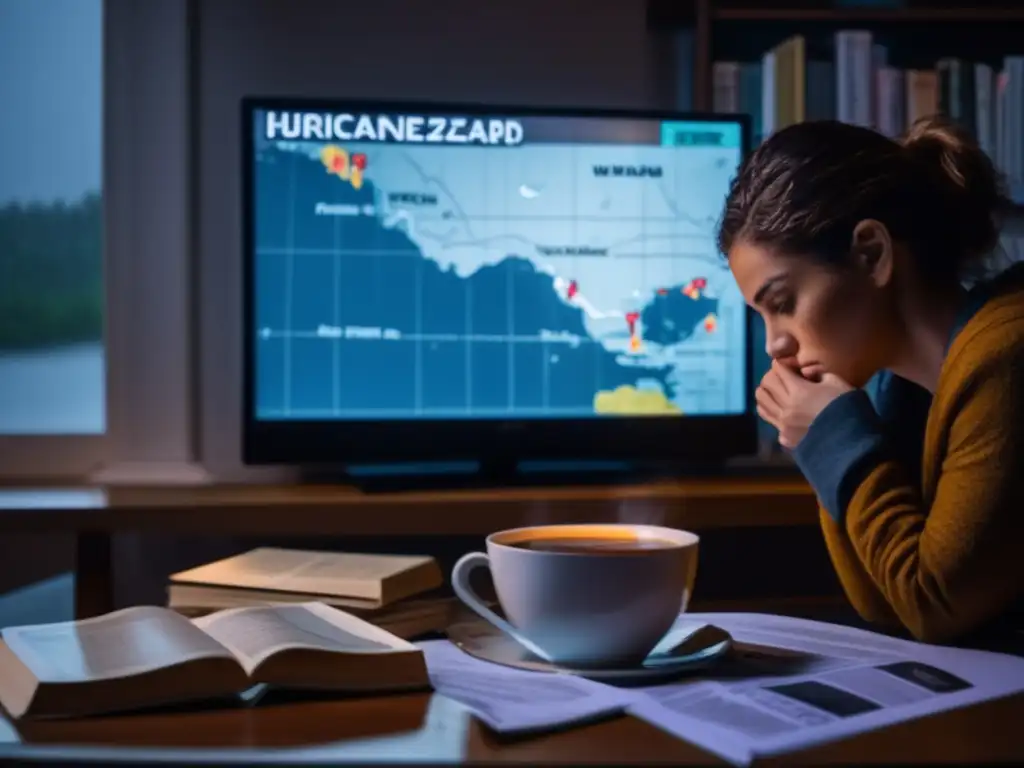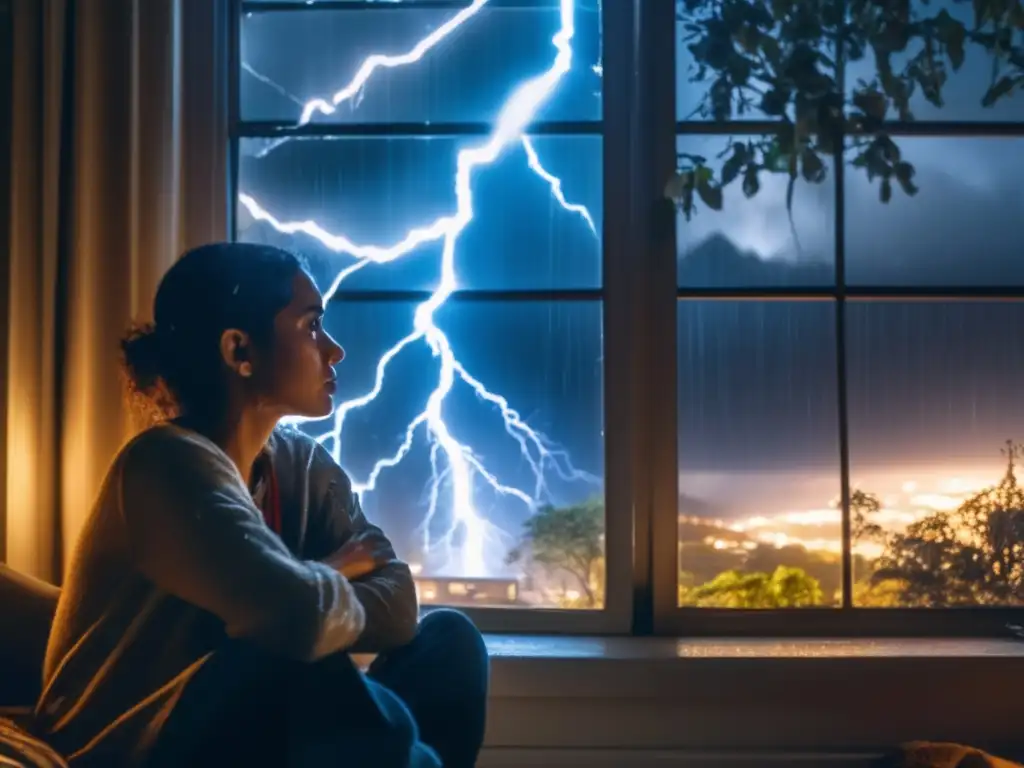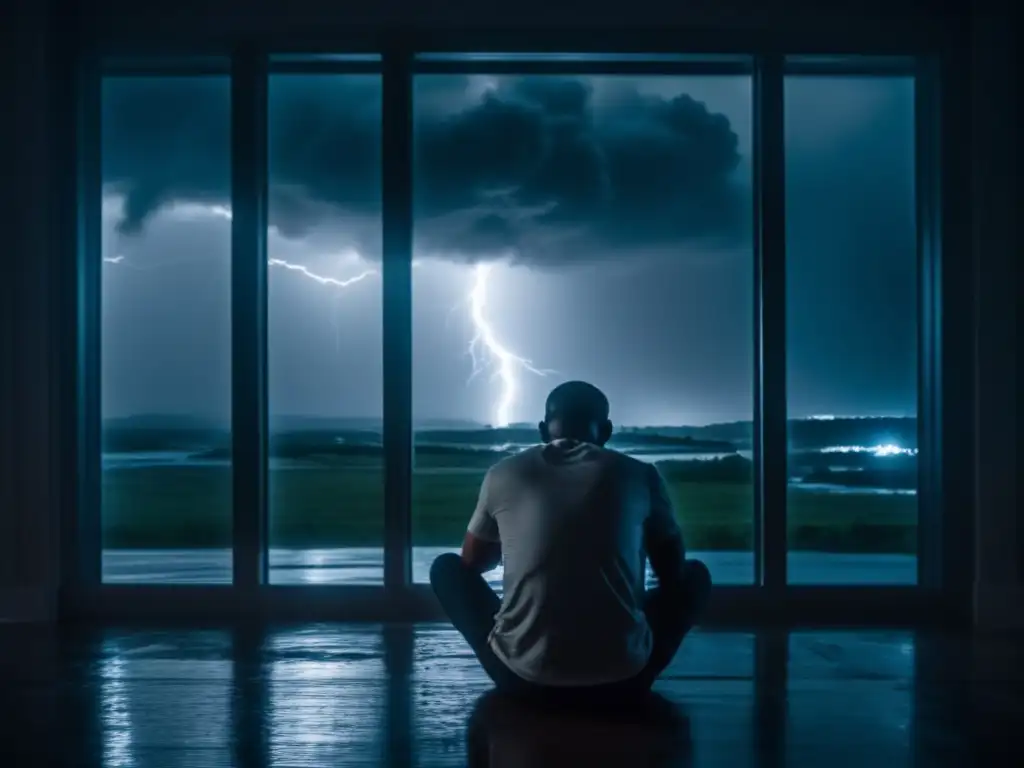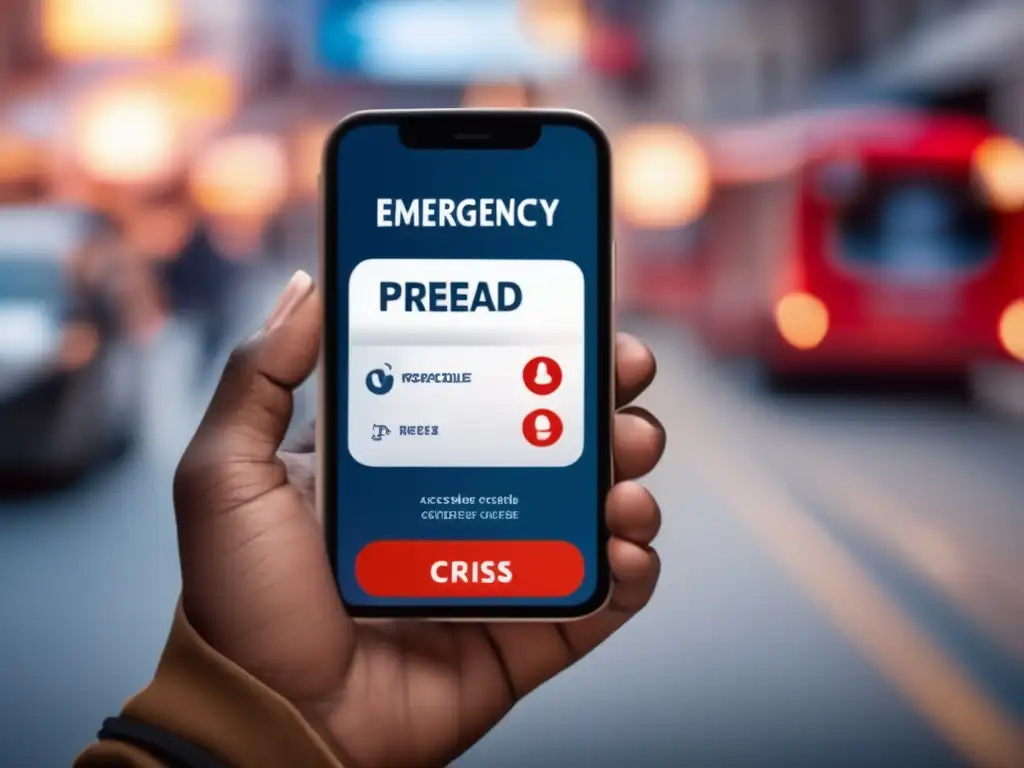A Healthy State Of Mind: Mental Health Considerations During Hurricanes

A Healthy State of Mind: Mental Health Considerations During Hurricanes
Introduction
When a hurricane hits, its impact on individuals and their families can be severe. Floods, property damage, displacement, and power loss are only a few of the hazards faced by individuals living in areas prone to hurricanes. Prolonged exposure to such stresses can lead to physical and mental health problems. Thus, it is essential to consider mental health issues during and after hurricanes, especially as they’re become more frequent due to global climate change. In this article, we will discuss mental health considerations during hurricanes, including how to prepare for them and respond to their aftermath.
Understanding Mental Health

The Importance of Mental Health
Mental health encompasses a broad range of issues, such as emotional, psychological, and social well-being. It affects how we think, feel, and act and helps us cope with life's challenges. The World Health Organization (WHO) defines mental health as a state of well-being when we realize our own capabilities, can manage the normal stresses of life, work productively, and contribute to our communities.
The Impact of Hurricanes on Mental Health
Disasters like hurricanes can cause significant stress, anxiety, and trauma. Some individuals may experience feelings of helplessness and hopelessness, while others may develop depression and post-traumatic stress disorder (PTSD). Hurricanes can also exacerbate pre-existing mental health problems, such as anxiety disorders or bipolar disorder. Symptoms may include difficulty sleeping, eating, or concentrating, changes in mood, and other physical symptoms.
Preparing for a Hurricane
Being prepared can alleviate some of the stress associated with hurricanes. Here are some tips:
- Get informed: Monitor the weather and stay up to date with local news.
- Make a plan: Discuss evacuation plans with your family and practice them.
- Stock up: Have enough food, water, medications, and supplies for at least three days.
- Take care of your mental health: Pack comforting items such as books, music, or photos to take with you if you must evacuate.
The Aftermath of Hurricanes on Mental Health

Dealing with Loss and Trauma
Hurricanes can cause significant loss and trauma in terms of damage to property, relocation, and bereavement. Dealing with grief and loss is a difficult process, and it's important to identify and seek support if necessary. Try to:
- Find support: Connect with family, friends, or community organizations that can offer emotional support.
- Take care of yourself: Engage in self-care activities such as physical exercise, healthy eating, and getting enough sleep.
- Accept help: Don't be afraid to accept practical help, such as assistance with cleaning up or rebuilding your home.
- Practice gratitude: Focus on the positive aspects of your life and express gratitude for them.
Recognizing Signs of Distress
It's essential to recognize symptoms of distress, such as changes in sleeping patterns, mood swings, anxiety, and hopelessness. If you notice any of these symptoms in yourself or others, seek help from a mental health professional. Disasters like hurricanes can disrupt the continuity of care for people with pre-existing mental health problems, so it's essential to have a plan in place.
Accessing Mental Health Services After Hurricanes
Community-based organizations, religious groups, and mental health professionals provide support and services to those affected by disasters. States often offer hotlines and crisis counseling services to individuals struggling with disaster-related stress. The Substance Abuse and Mental Health Services Administration (SAMHSA) provides a national helpline that is available 24/7: 1-800-662-HELP (4357). If you're experiencing a medical emergency, call 911 or go to your nearest emergency room.
Coping Strategies for Children and Teenagers

Talking to Children and Teenagers About Hurricanes
Children and teenagers may experience trauma differently than adults and may require different strategies to cope with it. Parents and guardians can help by:
- Providing reassurance: Tell children that they are safe and loved.
- Encouraging expression: Listen to children and encourage them to talk about their feelings and fears.
- Validating emotions: Let children know that it's normal and okay to feel upset, angry, or sad.
- Maintaining routines: Stick to normal routines as much as possible, including mealtimes, bedtime, and schoolwork.
Activities for Children and Teenagers
Engaging in enjoyable activities can help children and teenagers cope with hurricane-related stress. Suggest activities such as:
- Art therapy: Provide art supplies and encourage children to express their emotions through art.
- Physical exercise: Have children participate in physical activities such as dancing or playing outside.
- Relaxation techniques: Teach children relaxation techniques, such as deep breathing exercises.
Frequently Asked Questions

Can Hurricanes Cause Mental Health Problems?
Yes, hurricanes can cause severe mental health problems such as anxiety, depression, and post-traumatic stress disorder (PTSD).
What Should I Do If I Notice Signs of Distress in Myself or Others?
If you notice signs of distress, such as changes in mood or sleeping patterns, seek help from a mental health professional. Community-based organizations, religious groups, and the government provide support and services to those affected by disasters.
How Can I Prepare for a Hurricane Mentally?
Mental preparation for a hurricane involves educating yourself about the potential risks and making a plan with your family. Packing comfort items such as books or games can also be helpful.
How Can I Help My Children Cope with Hurricane-Related Stress?
Parents can help children cope with hurricane-related stress by providing reassurance, encouraging expression of feelings, validating emotions, and maintaining normal routines.
Where Can I Find Mental Health Services After a Hurricane?
Community-based organizations, religious groups, and mental health professionals provide support and services to those affected by disasters. States often offer hotlines and crisis counseling services to individuals struggling with disaster-related stress. The Substance Abuse and Mental Health Services Administration (SAMHSA) provides a national helpline that is available 24/7: 1-800-662-HELP (4357).
Conclusion
Mental health is essential during hurricanes as individuals and families face significant stress and trauma. Being prepared can alleviate some of the stress associated with hurricanes. It's essential to recognize symptoms of distress, such as changes in sleeping patterns and anxiety, and seek help from mental health professionals if necessary. Parents and guardians can help children cope with hurricane-related stress by providing reassurance, encouraging expression of feelings, validating emotions, and maintaining normal routines.
Additional Resources

 Long-Lasting Candles
Long-Lasting Candles Choosing And Using A Safe Room During Hurricanes
Choosing And Using A Safe Room During Hurricanes Prepaid Phones With Emergency Credit
Prepaid Phones With Emergency CreditIf you want to discover more articles similar to A Healthy State Of Mind: Mental Health Considerations During Hurricanes, you can visit the Hurricane preparedness: category.
Leave a Reply

Articulos relacionados: